Tips
- Don't get discouraged if you don't catch fish the first time. You have to know the lake. Consider getting a map for the specific lake.
- Natural color baits work best -- greens, browns, watermelon red.
- Check to see if you need a fishing license, fees from these licenses help ensure safe and sustainable fishing opportunities!
- Pitch your bait into or near visible brush and underwater debris. Bass hang out near and under structure to wait for an ambush opportunity to feed. The more confident you become, you can even start skipping your bait off this structure to solicit a reaction strikefrom a nearby bass. That's right, bass will strike lures when they are hungry AND when they are, for lack of a better word, annoyed!
- Just like anything else, bass fishing takes practice. The more you fish and learn the more luck you'll have on the water.
- Use a medium sized hook and use minnows for bait.
- Don't ignore the creature baits and artificial worms -- many experienced bass anglers will confirm this suggestion: without fail, the largest bass ever caught have been snagged using these simple baits and techniques with a spinning reel/rod combo.
- Scents and weights may increase your chance of catching a fish. Try a wide variety to see which one is right for the area you are fishing in.
- Don't depend solely on artificial lures -- a nice night crawler may also produce spectacular results.
- Cast your line and bait parallel to the shore or treeline or brushline you are working and draw the bait back toward you in this fashion. This will give your lure/bait a longer time in the strike zone and will, in time, increase your strike percentages because you're extending your bait's exposure to bass for a longer period of time. Like many other sports, the savvy angler will work the percentages.
- Banjo or bionic minnows will increase a beginners chance of catching a bass. That specific bait is so life like and easy to use.
- Nightcrawlers are perfect for bass, cast it without a floater and sinker and yu have a good chance to get a Largemouth.
Warnings
- Think twice about eating a bass you may catch. Reservoir and retention ponds can produce some large bass, however, retention ponds collect runoff wastes and toxins from groundwater. Eating these fish may be hazardous to your health. Conversely, bass caught from larger lakes and rivers are your best bet for fish not as likely to be toxic with metals such as mercury and other contaminants. This is due, in large measure, to the fact that lake water is replenished to varying degrees by feeder-rivers and underground springs.
- Be sure you have a license to fish.

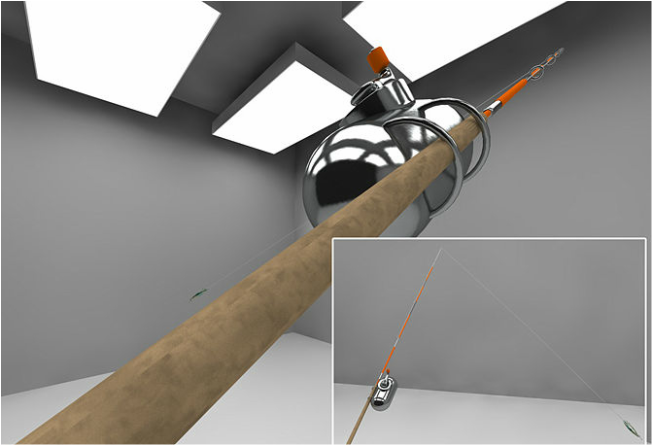
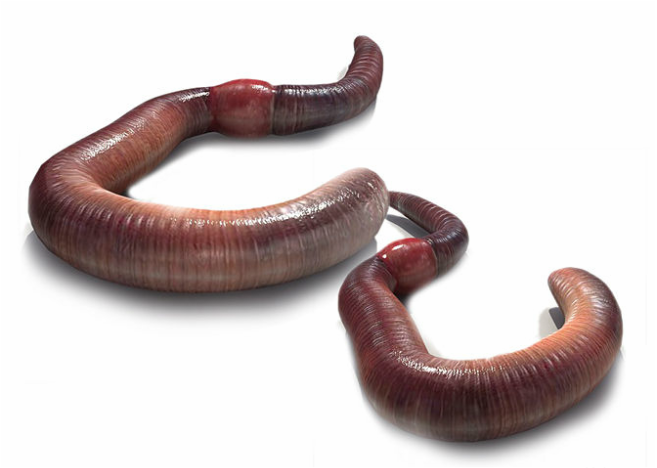
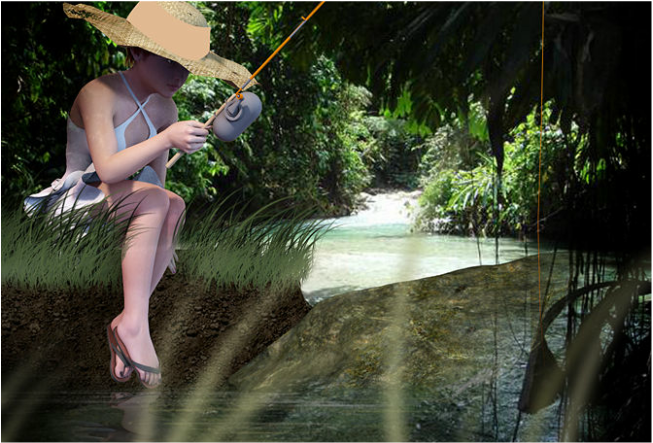
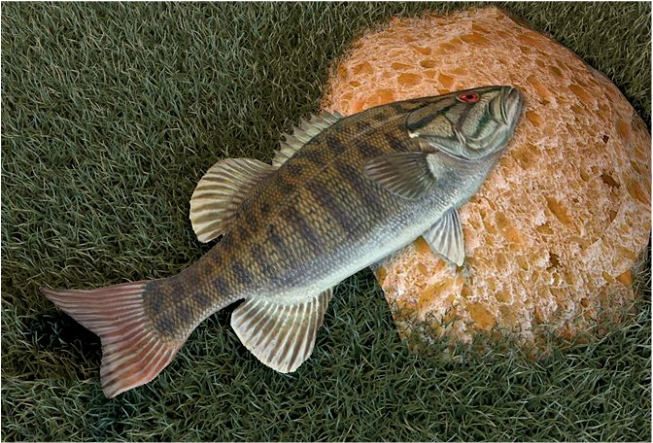
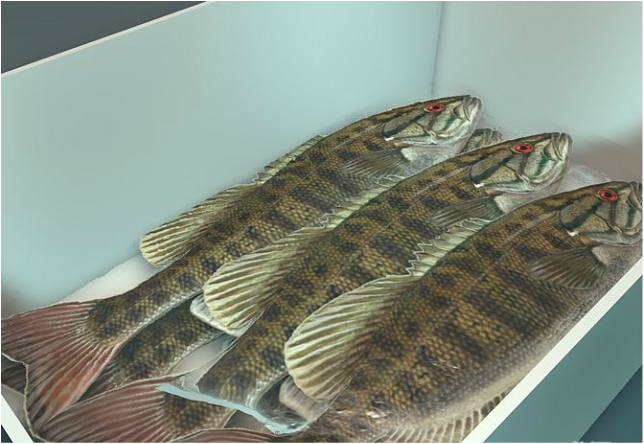
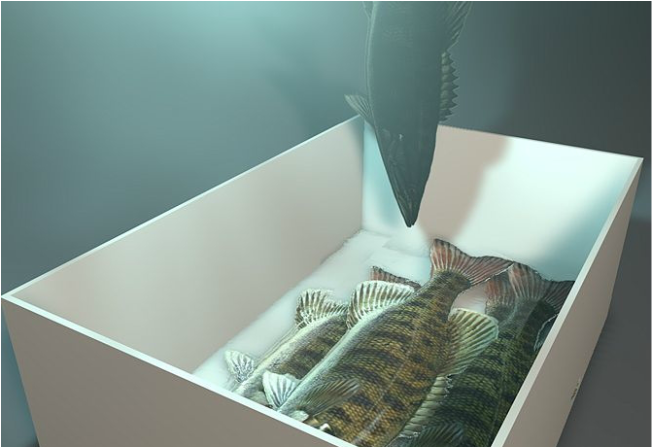
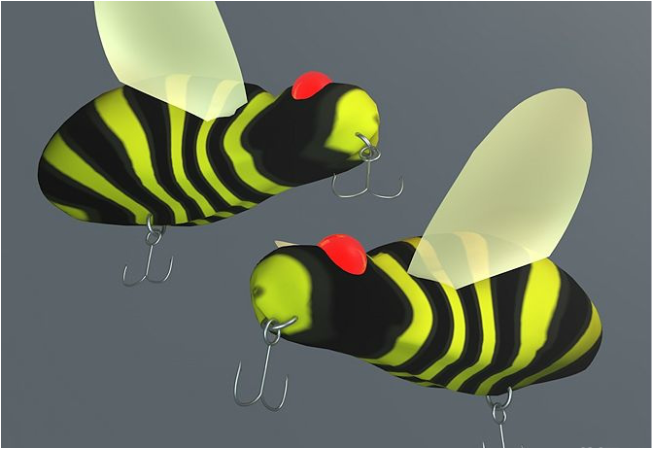
 RSS Feed
RSS Feed
